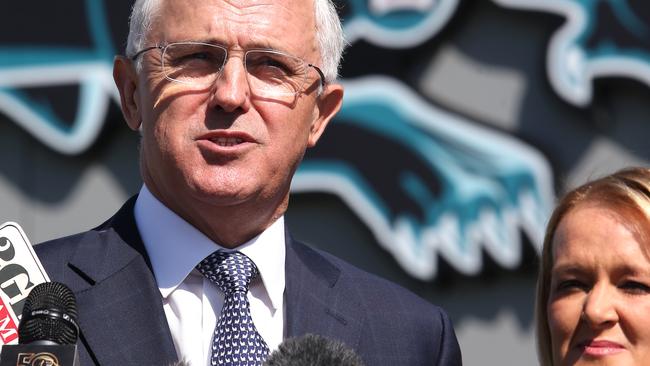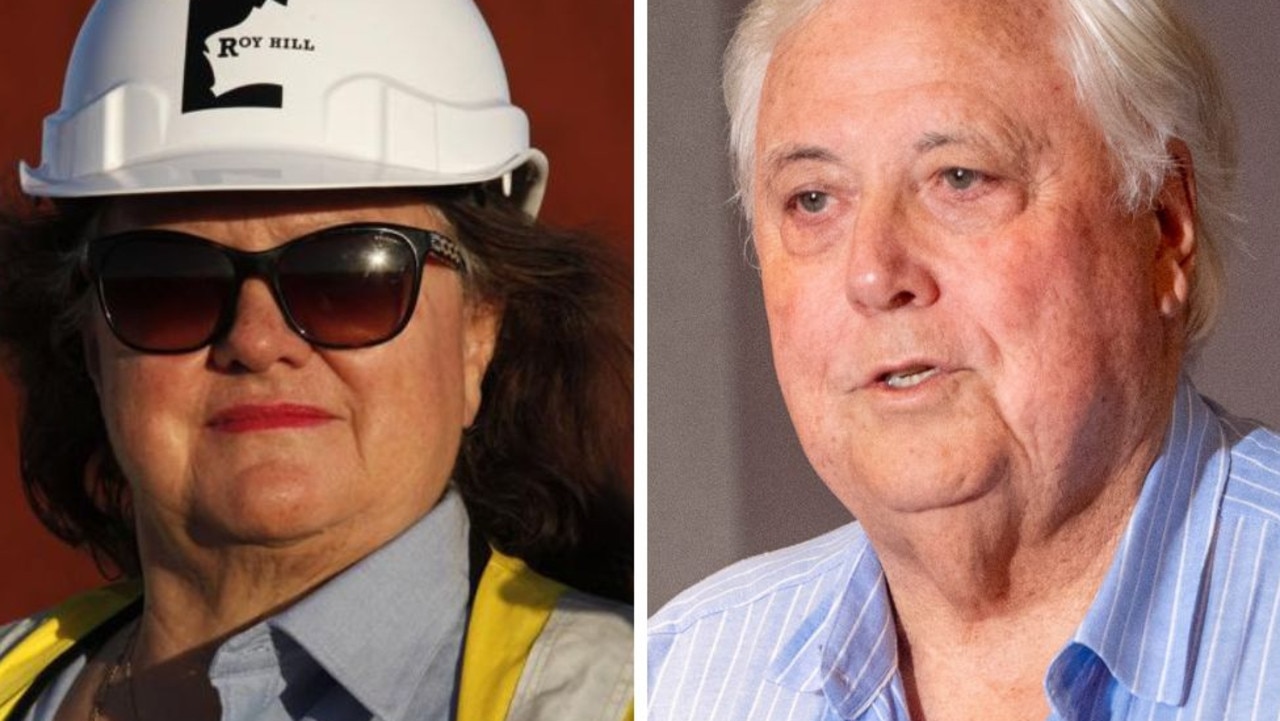Turnbull’s proposal ditches seven decades of tax principle, and a few Liberal slogans
THE PM’S proposal to let states set tax rates is as dangerous now as it was in 1978 when Neville Wran successfully used it against them.

ANALYSIS
THE Coalition’s “lower, simpler, fairer” tax promise has been smashed like a Tony Abbott coffee table with today’s proposal to give premiers income taxing powers.
What potentially is on our fiscal horizon is a nation with nine separate income taxes, possibly with competing rates.
The six states and two territories could eventually have the same capacity as the Commonwealth to increase their income tax rates — which seemed to come as a surprise to Treasurer Scott Morrison when Prime Minister Malcolm Turnbull announced it.
If this happens the policy discards the 74-year-old principle that a road worker, or a bar attendant or a bank teller in Port Hedland pays the same income tax as the road/bar/bank colleague in Sydney.
As far as simplification of tax returns goes, that project might have to be delayed. And don’t talk about bracket creep, once considered by the Government the curse of the hard working class.
These are some of the looming consequences of Prime Minister Turnbull’s proposal to on Friday offer premiers and territory chief ministers a fixed share of Commonwealth’s income tax revenue which they could spend where they wished.
Also on the outer is the concept of the GST being the answer to the problem of the Federal Government bringing in the bulk of tax revenue but the states getting stuck with much of the spending.
The political dangers of income tax changes probably would be well known by the Prime Minister.
In 1978 Prime Minister Malcolm Fraser proposed similar tax reform, under the banner New Federalism, in a Budget just as NSW went to a torrid state election.
Labor’s state leader “Nifty” Neville Wran took up the federal issue of “double taxation” and his campaign produced the Wran-slide which entrenched the ALP for more than a decade.
No doubt Mr Wran boasted of that campaign to associates, possibly to a man who called him his best friend and was a business partner, Malcolm Turnbull.
The root of this proposal is a need to force discipline on state management on outlays on health and education — their two big responsibilities — without premiers coming to the Federal Government when they run short of funds.
Most of that extra funding has been in tied grants — allocated to specific purposes — which means the states get more cash but have less flexibility on spending it.
And the Federal Government is running out of the revenue needed to cover swollen state bills.
The theory goes that if states have a fixed amount of federal money they will trim spending to fit.
Treasurer Scott Morrison today said today any changes would not increase the tax burden on income earners. However, that increase might happen if, as Prime Minister Turnbull has suggested, the premiers use the ability to increase their income tax rate.
However, premiers might also cut rates to attract skills and investment in competition with other jurisdictions.
It was a people power measure, according to the Prime Minister, as people could use their state election votes to salute or oppose tax rates and force changes. However, it can’t be said the election threat has done much to lower federal income taxes.




